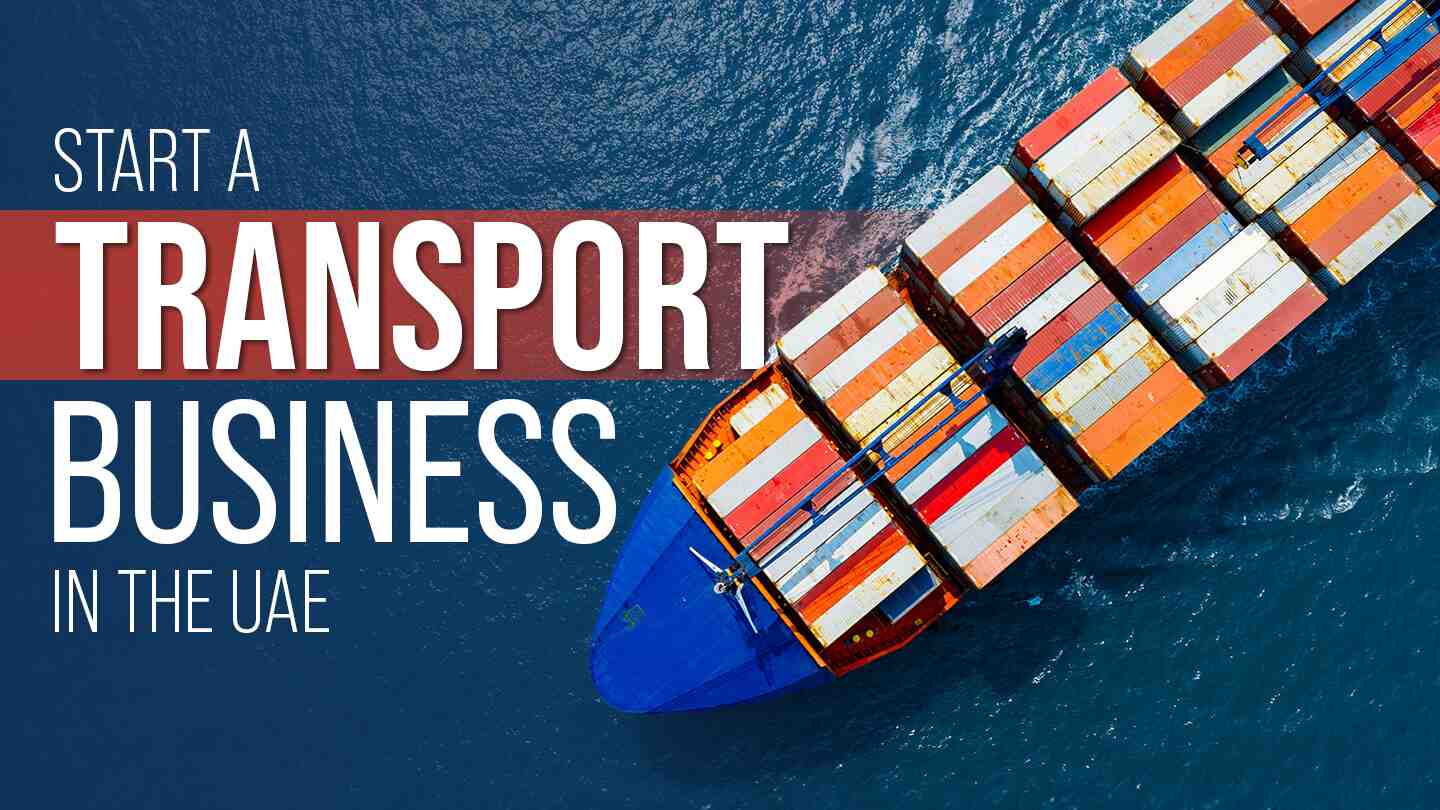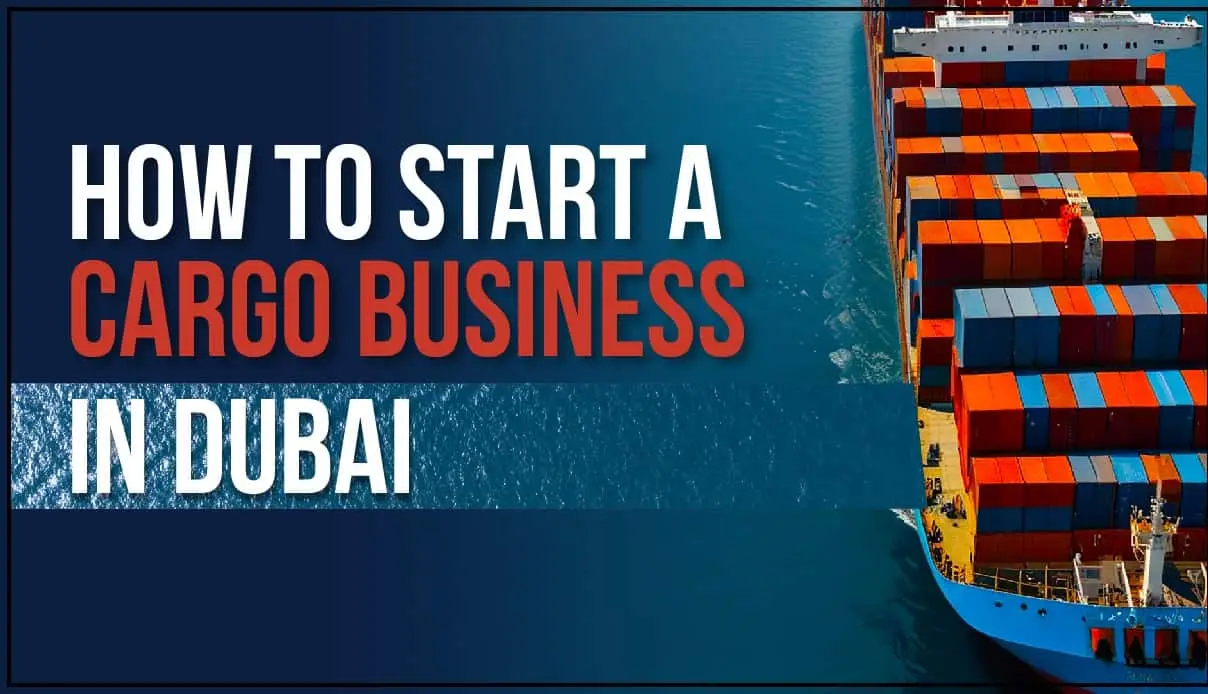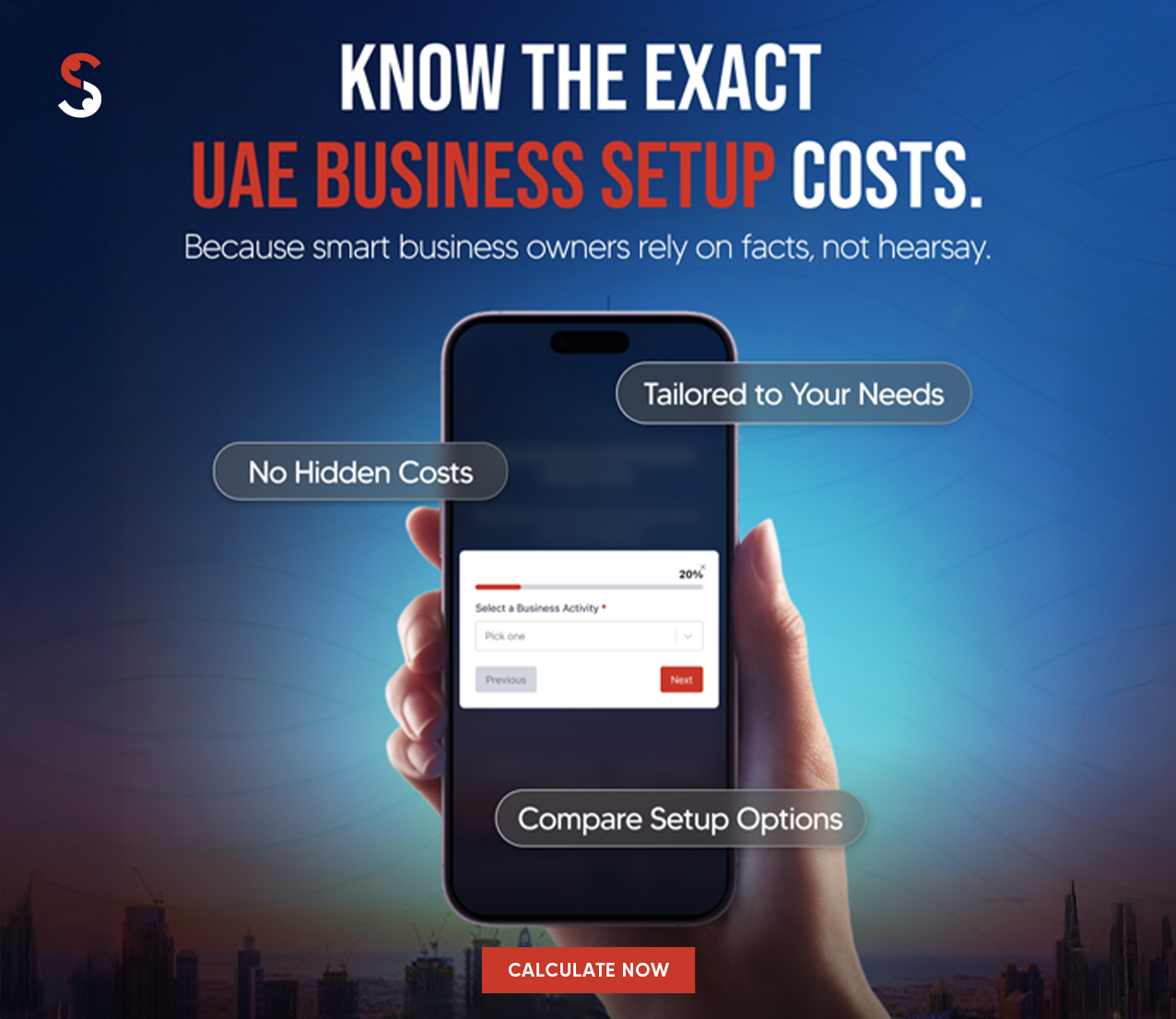Dubai’s vibrant culinary scene has opened the way for innovative dining experiences, and food trucks are leading the charge. With a steady rise in mobile food businesses, securing a food truck license in Dubai has become a lucrative pathway for aspiring entrepreneurs. According to recent reports, the global food truck market is projected to grow by 6.8% annually, reaching a valuation of $6.2 billion by 2028.
In recent years, the food truck business in Dubai has enjoyed immense popularity, leading to a surge in demand for food truck licenses. These licenses open the door to culinary possibilities, from diverse themes to global cuisines. While local flavours succeed, Dubai’s cosmopolitan population has created a vibrant market for international street foods, including Turkish Jacket Potatoes, Pakistani Kebabs, Indian Kadak Chai, American burgers, Japanese Sushi, Lebanese Falafel, and more.
Strategically positioned nationwide, food truck spots ensure high visibility and customer accessibility. They even offer air-conditioned spaces during the scorching summers and operate outdoors during the pleasant Dubai winters. If you’re eager to be part of this dynamic culinary scene, follow our guide to secure your food truck license and join the food truck movement in Dubai.
Is the food truck business in Dubai profitable?
Yes, the food truck business in Dubai can be profitable, provided it is planned and executed well. Here’s why and how it can succeed:
Why It’s Profitable
- High Demand for Street Food: Dubai has a thriving food culture, with locals and tourists eager to try diverse cuisines. Food trucks cater to this demand with affordable and convenient options.
- Lower Initial Investment: Unlike setting up a restaurant, starting a food truck business involves lower setup and operating costs, making it an attractive choice for entrepreneurs.
- Events and Festivals: Dubai hosts numerous events, markets, and festivals, offering opportunities for food trucks to attract large crowds.
- Flexibility in Location: Food trucks can move to high-traffic areas, such as beaches, parks, and events, optimising customer reach and profitability.
- Supportive Government Policies: Dubai encourages innovative business ideas, and the food truck industry is well-regulated, ensuring fair competition.
Key Considerations for Profitability
- Licensing and Approvals: To operate a food truck in Dubai, you’ll need to obtain a food truck license in Dubai, which involves securing the following:
- Trade license (through DED or free zones)
- Food safety permit from Dubai Municipality
- Vehicle license for the truck
- NOCs from specific authorities, depending on the location
- Strategic Location: Choose spots with high footfall, such as tourist areas, business districts, or residential communities.
- Unique Concept: Offer an exceptional menu or concept to stand out in the competitive food truck business in Dubai.
- Marketing: Use social media and local partnerships to promote your food truck.
- Cost Management: Monitor expenses, including truck maintenance, rent (if applicable), raw materials, and staff salaries, to maximise profit margins.
- Quality and Consistency: Deliver high-quality food and service to build a loyal customer base.
Estimated Earnings
- Daily revenue can range from AED 1,000 to AED 10,000, depending on the location, concept, and operational efficiency.
- Profit margins typically range between 20% and 40%, depending on overhead costs and pricing strategy.
Why Choose Dubai to Starting a Food Truck Business
Before you start a food truck business in Dubai, you need to know all the benefits of getting a good truck; the key points are mentioned below:
- Lower Startup Costs: Starting a food truck business in Dubai is more affordable than opening a full-scale restaurant. It eliminates high rents and extensive overhead costs, making it an attractive option for aspiring entrepreneurs.
- Tax benefits: Dubai offers a tax-free environment for businesses, including food trucks. This means there is limited corporate taxes and no income tax. This significantly boosts profitability. Individuals operating a food truck business also benefit from Dubai’s absence of personal income tax.
- 100% ownership: Dubai allows foreign investors to fully own their food truck business, especially when setting up in certain free zones. This provides entrepreneurs with complete control without the need for a local sponsor or partner. With 100% ownership, you can make decisions regarding the menu, pricing, branding, and expansion strategies without external interference.
- Flexibility in Location: Food trucks offer the advantage of mobility, allowing you to explore different locations across the city. You can adapt to changing customer demands, whether it’s food festivals, tourist spots, or popular areas like JBR or Downtown Dubai.
- Diverse Market Potential: Dubai’s multicultural population ensures a vast audience for your food truck business. You can cater to various tastes, from international cuisines to local Emirati dishes, expanding your customer base.
- Supportive Infrastructure: Dubai has designated areas and events that encourage food truck businesses. Initiatives like Last Exit and other food truck parks provide platforms to grow your brand.
- Minimal Staffing Requirements: Compared to traditional restaurants, a food truck business in Dubai typically requires fewer employees, which reduces operational expenses and management complexities.
- Trend Appeal: Food trucks are trendy, attracting millennials and tourists looking for unique, on-the-go dining experiences. Starting a food truck business in Dubai aligns with this modern dining culture.
- Ease of Business Setup: Dubai’s government offers clear regulations for food truck businesses, including approvals from the Dubai Municipality and Roads and Transport Authority (RTA).
- Opportunities for Expansion: Once established, a successful food truck can pave the way for multiple units or even the transition to a full-scale restaurant, enhancing growth potential.
How to Start a Food Truck Business in Dubai
Starting a food truck business in Dubai is an exciting opportunity, given the city’s love for food and outdoor events. Here’s a detailed guide to help you set up your food truck business:
Step 1: Conduct Market Research
Before launching your food truck, gathering information about the market you’re entering is essential. Start by identifying your target audience. Consider the demographic you want to serve: are you catering to tourists, office workers, families, or health-conscious individuals? This will help shape your menu and marketing approach.
You should also research the types of cuisine trending in Dubai, such as gourmet burgers, street tacos, or healthy vegetarian dishes. Understanding popular food trends and consumer preferences will give your business a competitive edge.
In addition to cuisine preferences, location is a crucial factor. Explore areas with high foot traffic, such as business districts, tourist hotspots, parks, beaches, or event venues. Researching where food trucks are allowed to operate and the timing of events or gatherings will help you determine the most profitable locations for your vehicle.
Step 2: Create a Business Plan
A solid business plan will serve as a roadmap for your food truck business. Begin by clearly defining your business concept, which includes what type of food you’ll serve, what sets you apart from competitors, and how you plan to engage with customers. This plan should also include your vision for growth and long-term success.
Your business plan should cover all financial aspects, including estimating your initial investment, operating costs, revenue projections, and a pricing strategy. Break down your costs:
- Truck purchase or rental
- Equipment
- Licensing fees
- Ingredients
- Staffing
- Marketing
Step 3: Choose a Business Name and Brand
Choosing a catchy, memorable name is essential in building your food truck’s identity. Your name should reflect the type of food you serve and be easy to remember. Once you have a name, you can begin developing your branding, including designing a logo and creating a cohesive visual style for your truck.
The branding should also extend to your social media presence. Ensure your truck’s design and online profiles are aligned with the identity you want to project. This branding consistency will help customers recognise and connect with your business on the street and online.
Step 4: Obtain the Necessary Approvals
Dubai has strict regulations for food trucks, and securing the necessary approvals is one of the most critical steps in starting your business.
- Initial Approval from the Department of Economic Development (DED): The first step is registering your business with the DED. You must apply for initial approval, a prerequisite for a business license. The DED will assess your business name, activities, and proposed operations.
- Approvals from Other Authorities:
- Dubai Municipality (DM): Your food truck must comply with health and safety standards set by Dubai Municipality. You must submit plans for your food truck’s layout, including kitchen design, storage areas, and waste management systems. You must also ensure that your food handling procedures meet food safety standards.
- Roads and Transport Authority (RTA): Your food truck’s vehicle design must meet the standards set by RTA, which regulates the safety, mobility, and parking of food trucks in Dubai.
- Dubai Electricity and Water Authority (DEWA): You must arrange a water and electricity supply for your food truck and waste disposal.
- Food Truck License: Once you have received all the necessary approvals from the relevant authorities, you can apply for a food truck license from the DED. This will allow you to operate your business in Dubai legally.
Step 5: Purchase or Rent a Food Truck
The food truck itself is a significant investment in your business. Depending on your budget and operational plan, you can purchase a new or used food truck or rent one. The truck should meet Dubai Municipality’s requirements in terms of food storage, preparation space, and hygiene standards. It should also have the necessary kitchen appliances (grills, fryers, refrigerators) and a waste management system.
Make sure that the truck is designed for mobility and can withstand the harsh weather conditions in Dubai. Additionally, ensure it has ample storage space for ingredients and supplies.
Step 6: Secure Locations and Permits
Dubai has designated zones where food trucks can operate, but you’ll need to secure location-specific permits to set up shop in these areas. Popular spots include business districts, beachside locations, and places like Global Village or Dubai Parks and Resorts.
You must also register for a mobile vending permit to operate at multiple locations or events. Certain areas require additional permits or approvals depending on the type of event. For instance, food trucks operating at festivals, fairs, or exhibitions may need special permission from the event organisers.
Step 7: Set Up Your Menu
Your food menu is at the heart of your business, and it’s crucial to curate options that appeal to your target market. Choose easy dishes to prepare in a food truck setting while maintaining high-quality standards. Ensure your menu is concise but varied enough to cater to different tastes.
Consider including options for special dietary needs like vegan, gluten-free, or halal foods to cater to a broader customer base. Test your recipes and adjust prices based on the cost of ingredients and competition, ensuring your pricing is attractive yet profitable.
Step 8: Hire Staff
Hiring the right staff is critical to the success of your food truck. You must employ chefs with experience preparing food quickly and efficiently in a small kitchen. Depending on your truck’s size, you may require additional staff to help serve customers clean and maintain inventory.
Ensure all staff members know food safety regulations and hold the necessary health certificates from the Dubai Municipality. Providing customer service training is also essential for ensuring a pleasant customer experience.
Step 9: Market Your Business
Marketing your food truck is key to building a customer base. Start by creating social media profiles on Instagram, Facebook, and TikTok to post updates on your truck’s location, new menu items, and special offers. Visual content is compelling for food businesses, so high-quality photos of your dishes will attract attention.
Consider creating a website that includes an online menu, information about your locations, and the ability for customers to place orders ahead of time. You can also collaborate with food influencers or participate in local events and festivals to get more exposure.
Step 10: Comply with Operational Guidelines
Once your food truck runs, you must adhere to Dubai’s food safety and operational regulations. This includes maintaining cleanliness, ensuring food storage, and monitoring temperatures.
Regular inspections by Dubai Municipality will ensure your truck complies with health standards, and you’ll need to renew licenses and permits on time to avoid penalties.
Step 11: Manage Finances
Running a food truck business requires constant monitoring of finances. Use accounting software or hire an accountant to track your income, expenses, and profits.
Keep records of all your transactions, including purchasing ingredients, staff salaries, fuel, maintenance, and marketing costs. An emergency fund for unforeseen expenses, such as truck repairs or supply shortages, is also good.
Step 12: Expand Your Business
Once your food truck is established and profitable, consider expanding your business. This could involve adding more trucks to serve different locations or offering catering services for private events.
Regularly collect customer feedback to improve your offerings and customer experience. Expansion can also involve partnerships with local festivals, food markets, or other businesses to increase visibility.
By following these steps, you’ll be well on your way to successfully launching and operating a food truck in Dubai. If you need assistance with permits, licenses, or business setup, Shuraa Business Setup can help guide you through the legal and regulatory requirements.
Documents required to start a Food Truck Business in Dubai
To start a food truck business in Dubai, you’ll need the following documents and approvals:
- Trade License
- No Objection Certificate (NOC)
- Food Truck Approval
- Food Safety and Hygiene Approvals
- Blueprints and Layout Plans
- Vehicle Registration
- Location Permit
- Commercial Lease Agreement
- Employee Documents
- Insurance
- Additional Requirements
- Menu Approval: Submit your menu for review to ensure compliance with health standards.
- Health Cards for Staff: Obtain health cards for all employees handling food.
Once these documents are in place, you can set up and operate your food truck business. Always consult with experts like Shuraa Business Setup to streamline the process and ensure compliance with local regulations.
Cost of Food Truck License in Dubai
The total cost of obtaining a food truck license in Dubai starts from AED 13,000* for a professional license and AED 19,000* for a commercial license. These fees typically include several components, such as registration, approval, and other necessary permits.
Depending on your business needs, you can choose between these two licenses to operate a food truck legally in Dubai.
These fees encompass several components, including:
- Company name registration
- License issuance
- Court sign
- Stamp fees
- Tasheel service fees
- RTA (Roads and Transport Authority) charges
Should you aspire to kickstart your food truck business in Dubai, our dedicated team can assist you in navigating the approval process. Once you’ve secured the necessary approvals from government authorities, you’re all set to commence trading!
Note: An RTA permit is mandatory for branding your food truck for business purposes. The requisite documents for this permit include a four-sided vehicle advertising design featuring an anthropomorphic design, a copy of the Dubai-issued trade license, and a copy of the vehicle’s ownership documents. The annual advertising fee for commercial vehicles is AED 250.
Start Your Food Truck Business with Shuraa!
This guide shows that launching a food truck in Dubai can be straightforward with the right knowledge and a well-prepared license application. For a smooth process, partner with Shuraa Business Setup, which has experts in company formation, visa services, and government formalities in the UAE.
We handle everything, from establishing your company and license applications to visa processing, so you can focus on running your business. Contact our business setup consultant to learn more about food truck licensing in Dubai. Call +971-44081900, WhatsApp +971-507775554, or email info@shuraa.com.
Frequently Asked Questions
1. How much does it cost to open a food truck in Dubai?
The cost to open a food truck in Dubai can range from AED 100,000* to AED 300,000*, depending on the truck’s size, equipment, and permits. Additional costs may include licenses, insurance, and location fees.
2. What is the minimum investment required to start a food truck business in Dubai?
The minimum investment required to start a food truck business in Dubai typically ranges from AED 100,000* to AED 150,000*. This includes costs for the food truck, necessary licenses, permits, and equipment, but can vary depending on location and other specific requirements.
3. Do I need a specific license to run a food truck in Dubai?
Yes, to run a food truck in Dubai, you need a food truck license issued by the Dubai Economy (DED). Additionally, you must obtain approvals from the Dubai Municipality’s Food Control Department for food safety regulations and the Roads and Transport Authority (RTA) for vehicle modifications. You’ll also need a trade license, and potentially a health and safety permit depending on your business’s specific needs.
4. How long does it take to get all the permits for a food truck business?
Getting all the necessary permits for a food truck business in Dubai typically takes 2 to 4 weeks. This includes time for the Dubai Economy (DED) to process your trade license, approval from the Dubai Municipality’s Food Control Department, and vehicle modifications from the Roads and Transport Authority (RTA). However, the process can take longer if there are any additional requirements or complications, such as securing specific locations or completing inspections.
5. Where can I park and operate my food truck in Dubai?
In Dubai, food trucks can operate in designated areas such as food truck parks, beaches, public events, and high-traffic zones. You’ll need to secure permission from the Dubai Municipality or Dubai Tourism for certain locations.
Additionally, you must comply with regulations from the Roads and Transport Authority (RTA) regarding parking, and ensure you have the proper permits for operating in specific zones or at events. Popular spots include City Walk, The Beach JBR, and Global Village, among others.
6. Do I need local sponsorship to start a food truck business in Dubai?
No, you don’t need a local sponsor to start a food truck business in Dubai if you open in a free zone.
7. Can I run a food truck business as a foreigner in Dubai?
Yes, foreigners can run a food truck business in Dubai, but they must either partner with a local sponsor for an LLC structure or set up the business in a free zone where local sponsorship is not required.
8. What are the health and safety requirements for operating a food truck?
To operate a food truck in Dubai, you must comply with the following health and safety requirements:
- Food Safety Standards: Ensure compliance with Dubai Municipality’s food safety regulations, including proper food storage, preparation, and handling to avoid contamination.
- Sanitation: Maintain cleanliness of the truck, including food preparation areas, utensils, and restrooms (if applicable).
- Employee Health: Ensure that all staff members undergo medical tests and hold valid health certificates.
- Fire Safety: Install fire safety equipment, including fire extinguishers and suppression systems, and adhere to fire safety regulations.
- Vehicle Safety: Ensure the truck is regularly inspected and meets safety standards set by the Roads and Transport Authority (RTA).
- Waste Disposal: Implement a system for safe disposal of food waste and garbage in compliance with environmental regulations.
9. Can I operate multiple food trucks under the same license?
No, each food truck in Dubai requires a separate license. If you wish to operate multiple food trucks, you need to apply for a new license for each vehicle. However, if you are running the trucks under a single company structure, the company can own and operate multiple food trucks, but each truck still requires individual permits and registrations.
10. What is the typical profit margin for a food truck business in Dubai?
The typical profit margin for a food truck business in Dubai ranges from 15% to 30%, depending on factors such as location, menu pricing, operating costs, and customer volume. Premium locations and high-demand events can lead to higher margins, while overhead costs like permits, fuel, and supplies may impact profitability.
Disclaimer: The information in this post is for general guidance only and may change due to updates in government policies or regulations.










